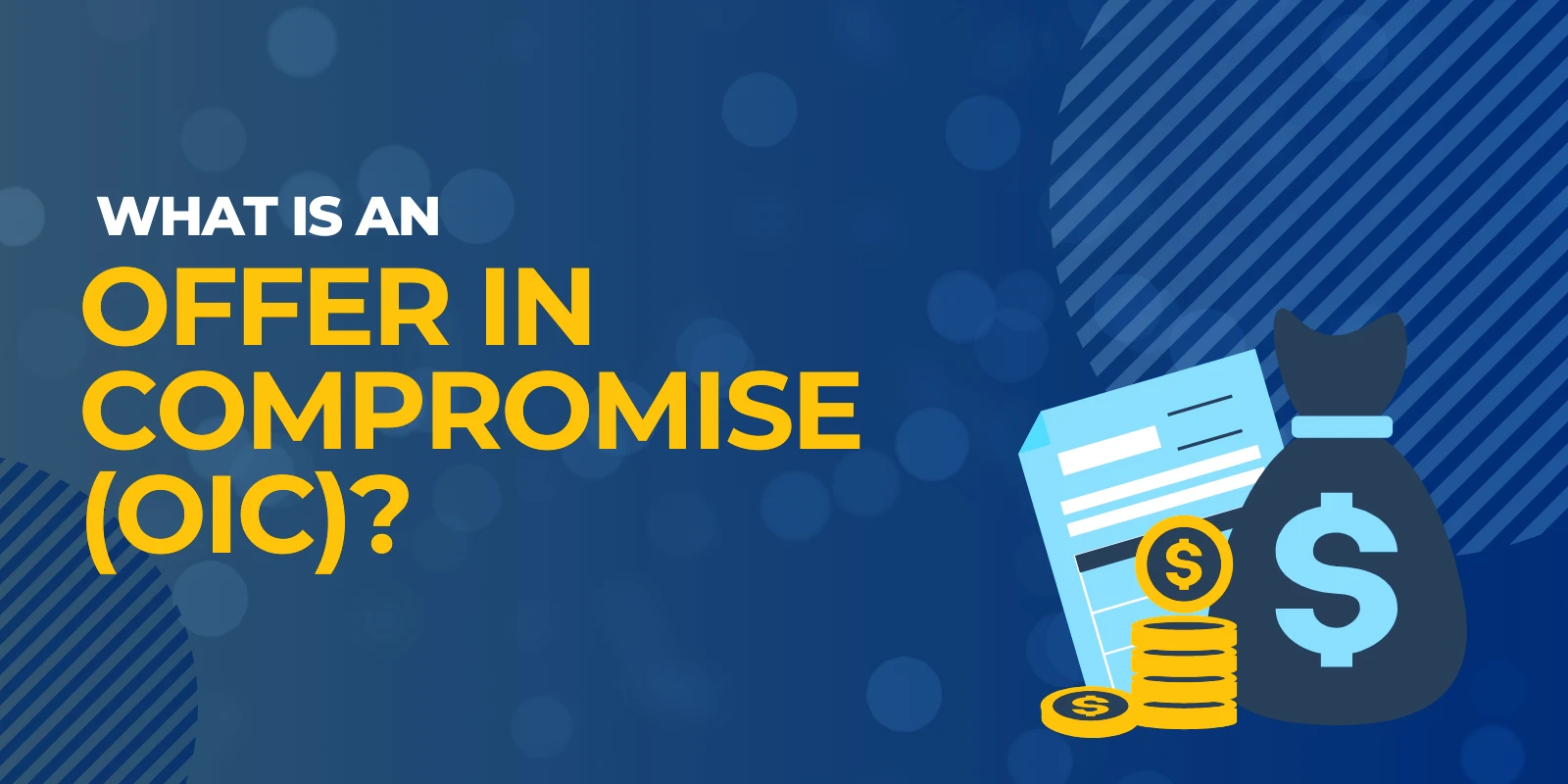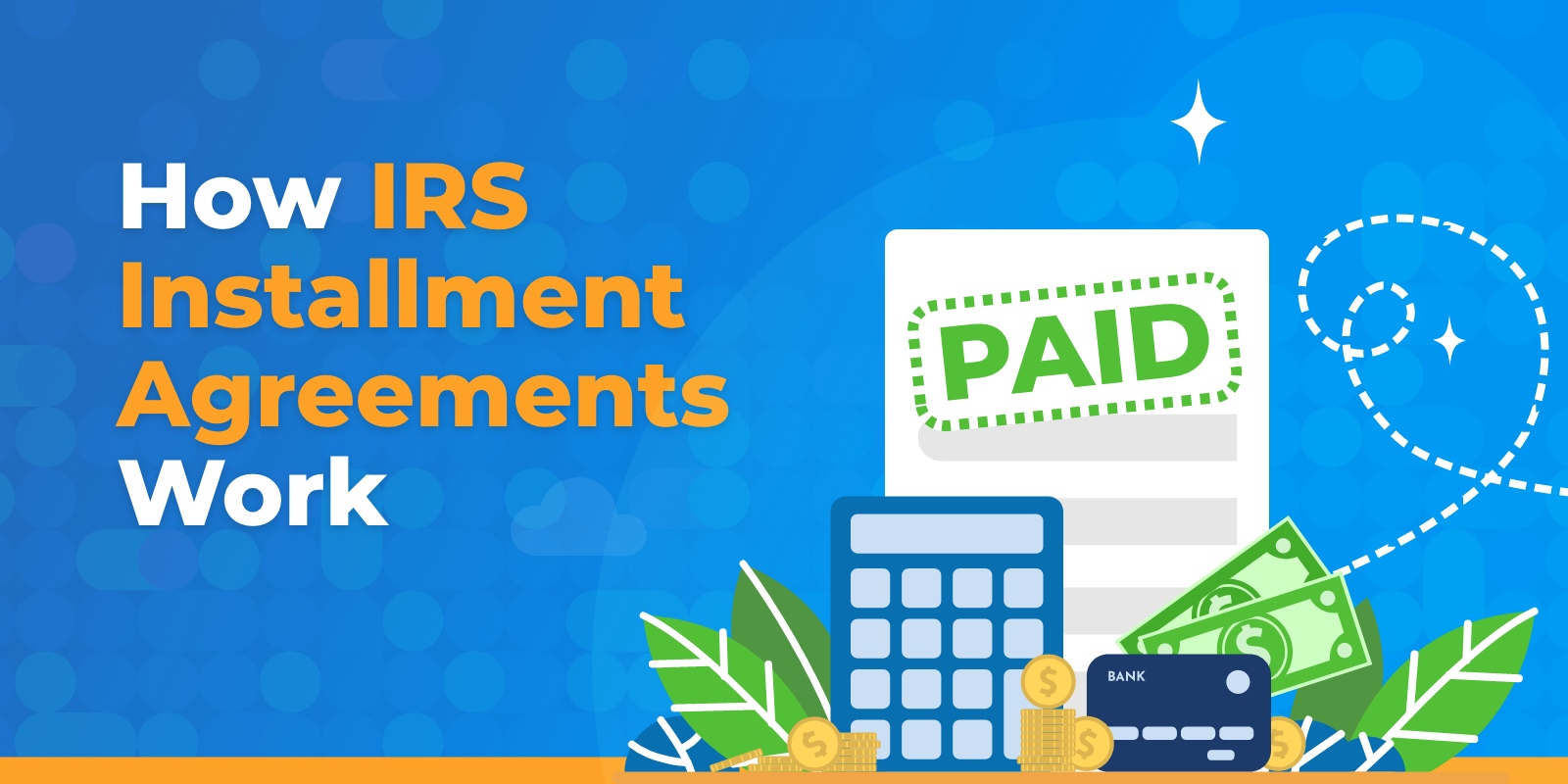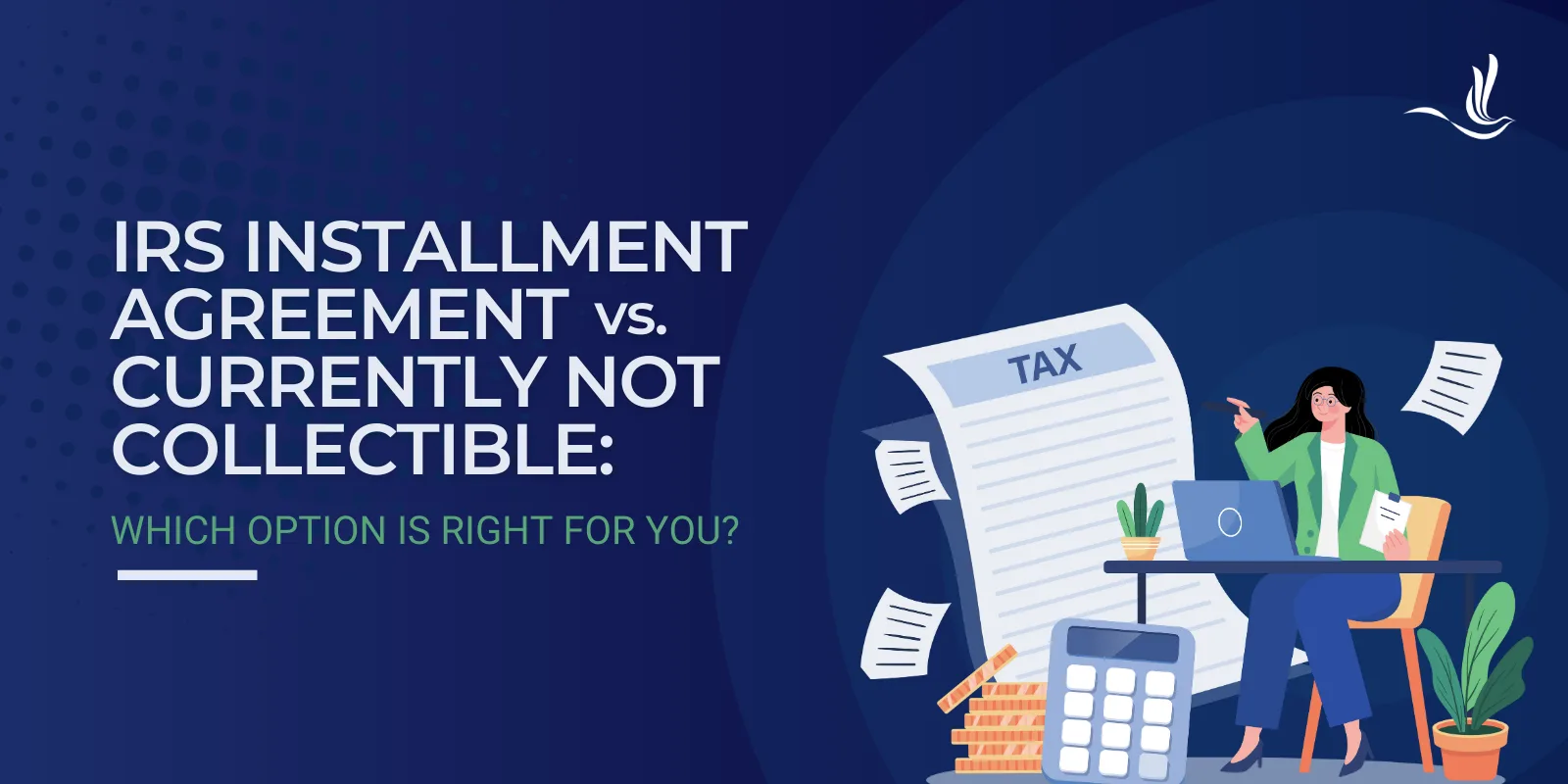How Do You Negotiate with the IRS?
Negotiating with the IRS is rarely straightforward. Collecting documents, calculating what you can realistically pay, choosing the right relief program, and completing the necessary forms can be exhausting. Beyond that, any misstep can lead to delays, repeated requests, or even denials. That’s where Optima Tax Relief comes in. Our team handles the complex paperwork, communications, and follow-ups on your behalf, helping you avoid the common and not-so-common mistakes and keep the process moving.
Step-by-Step Tax Negotiation
Gathering Documentation
The IRS will not consider any negotiation without a complete and well-documented financial picture. You’ll need prior tax returns, pay stubs, bank statements, property and vehicle records, business Profit & Loss statements if applicable, and a valid photo ID. The IRS often requests additional verification, which can extend timelines.
How Optima Helps:
At Optima, we streamline this step by telling you exactly what’s needed, organizing it into the IRS’s preferred format, and double-checking for accuracy before submission. This careful preparation reduces unnecessary back-and-forth, shortens timelines, and ensures your case starts on solid ground.
Evaluate Your Options
The IRS offers several relief options, each with strict eligibility rules:
- Offer in Compromise (OIC): For those who cannot realistically pay their bill in full.
- Installment Agreement (IA): Allows repayment over time but requires accurate financial disclosure.
- Currently Not Collectible (CNC): For temporary financial hardship, though status can change.
- Penalty Abatement: For qualifying reasonable-cause cases.
How Optima Helps:
Optima Tax Relief helps evaluate your situation, determine the best path, and ensures all eligibility requirements are addressed upfront.
Calculating Your Reasonable Collection Potential (RCP)
Your Reasonable Collection Potential (RCP) is the IRS’s way of estimating what you can realistically pay. It’s based on your total assets plus a portion of your disposable income, and it plays a critical role in whether your settlement offer will be accepted. This is often the point where many of our clients are surprised because the IRS calculation doesn’t always match what people expect or what they believe they can afford. A misstep here can delay your case or even trigger a denial.
How Optima Helps:
Our team knows how to present your financials in the most accurate and strategic way possible, often highlighting expenses or circumstances the IRS may otherwise overlook.
Preparing and Submitting Forms
IRS paperwork is one of the biggest stumbling blocks for taxpayers trying to negotiate on their own. From Form 656 and the 433 series for an OIC to Form 9465 for an Installment Agreement, each form comes with strict instructions and supporting evidence requirements. Missing any detail can cause weeks or even months of delay. Even a small error can result in outright rejection, forcing you to start the process all over again.
How Optima Helps:
Our experts prepare, review, and submit everything on your behalf. We understand what information is relevant and necessary for your case providing what the IRS needs to evaluate your case effectively, ensuring your submission is thorough, well-organized, and optimized for timely approval.
Submitting and Monitoring Your Case
Submitting your paperwork isn’t the finish line. It’s just the start of the IRS review process. Cases often sit in review for weeks or months, and it’s common for the IRS to request updated pay stubs, bank statements, or clarification on your expenses midstream. If responses aren’t timely or complete, cases can stall or even close out.
How Optima Helps:
At Optima Tax Relief, we don’t just submit and wait. Our team tracks every submission, logs all IRS correspondence, and proactively follows up to keep your case moving forward. This persistence helps reduce delays and ensures nothing slips through the cracks.
Handling Denials or Appeals
Not every IRS decision is favorable the first time, and many taxpayers are surprised at how often initial proposals are denied. When that happens, knowing the right next move is critical. Appeals, Collection Due Process hearings, or escalation to the Taxpayer Advocate Service may be required, each with its own strict timelines and documentation rules.
How Optima Helps:
Optima Tax Relief manages this complex process for you, preparing new submissions if needed and ensuring no deadline is missed. Our experience means you’re not left second-guessing what to do next.
What the IRS Looks At: A Quick Checklist
If you’re preparing an Offer in Compromise, or any type of tax negotiation, the IRS examines several key areas very closely. Understanding what they focus on can help you stay organized and avoid delays, but keep in mind the process is rarely simple. It’s critical to ensure that all documentation is accurate, complete, and strategically presented.
Ability to Pay: The IRS wants to know whether you can reasonably pay your tax now or in the future. They compare your projected payments over time to the total amount owed. Misrepresenting or miscalculating this can lead to denial or extended processing.
Income: Documented gross income and expected future income are critical. The IRS uses these numbers to calculate your disposable monthly income, which directly affects settlement amounts.
Allowable Expenses: The IRS deducts specific living-expense allowances, and sometimes verified actual expenses, when determining what you can realistically pay. Providing too much or too little detail can slow the review.
Asset Equity: Non-exempt assets, like bank accounts, equity in real estate, vehicles, and investments, minus secured liabilities, are evaluated. The IRS looks at what could be realized from these assets if needed to satisfy your tax bill.
Reasonable Collection Potential (RCP): RCP combines your asset equity and projected disposable income. The IRS expects your offer to reflect, or be lower than, this calculated amount. Errors in calculation or missing supporting evidence are common causes of delays.
Organized Documentation: Prepare clear, labeled files for every item above, including paystubs, bank statements, mortgage/payoff records, vehicle valuations, and the Form 433 series. Optima ensures your documentation is complete, correctly organized, and presented in a way the IRS expects, reducing unnecessary requests or setbacks.
Eligibility, Timelines, and Acceptance Rates
If you’re considering an Offer in Compromise (OIC) or another tax negotiation option, it’s important to understand the realities upfront. The process is often lengthy, acceptance is far from guaranteed, and the IRS scrutinizes every application closely. Knowing what to expect can help you prepare the strongest case. That said, having an experienced team like Optima Tax Relief on your side can make all the difference.
What the IRS Considers
- Ability to Pay: The IRS evaluates whether you can reasonably pay your taxes owed now or in the future, comparing your projected income and allowable expenses against what it could collect.
- Income and Expenses: The IRS calculates disposable income using reported earnings and national expense standards. Sometimes they also consider your actual documented expenses.
- Asset Equity: Non-exempt assets such as bank accounts, real estate, vehicles, and investments are reviewed. Combined with disposable income, this forms the IRS’s estimate of your Reasonable Collection Potential (RCP).
If your finances show a genuine, long-term inability to pay (low RCP), an OIC may be a viable path. However, plan for a lengthy review, detailed documentation, and the possibility of denial. If you have the ability to make payments, an installment agreement or temporary Currently Not Collectible status may provide a faster, more reliable resolution, especially with Optima Tax Relief in your corner.
Typical Timelines
Offer in Compromise processing is rarely quick. Even the most straightforward cases often take 6–12 months, while complex cases can take even longer. You can and should expect requests for updated documentation along the way. Our experts prepare, review, and submit everything on your behalf. With deep knowledge of IRS requirements, we ensure your submission includes all necessary documentation presented clearly and professionally to facilitate a smooth review process.
Acceptance Rates
Offer in Compromise approval is difficult to achieve for individuals not familiar with the OIC process. The IRS requires full financial disclosure, extensive documentation, and timely follow-up, and applications are often rejected when even small pieces of information are missing or incomplete. This is where professional expertise makes a critical difference ensuring complete, accurate documentation, properly structured offers that align with IRS standards, and proactive handling of common pitfalls that typically lead to rejection.
Avoid OIC Scams
Beware of firms that promise to settle your tax bill for “pennies on the dollar.” Offers in Compromise are heavily scrutinized by the IRS, and they often take significant time and documentation to pursue. With Optima Tax Relief, you’re working with a trusted team of experts that has helped clients resolve more than $3 billion in tax liabilities through proven, ethical strategies. We guide you through every step of the process, ensuring your case is handled correctly and efficiently.
Which Tax Negotiation Option Is Right for Me?
If you’re looking for the fastest, most realistic way to resolve your tax liability, understanding your options is key. Each IRS program has different eligibility requirements, documentation needs, and timelines. Optima Tax Relief helps you identify the option that fits your circumstances and handles the forms, submissions, and communications so you don’t have to navigate it alone.
Offer in Compromise (OIC)
Settle for Less Than You Owe
- When to Consider: You cannot reasonably pay the full tax liability now or in the future. Long-term inability to pay makes this the right option.
- What You’ll Need / Forms: Form 656 plus financial disclosure (Form 433-A, 433-B, or business equivalent) and supporting documents showing income, expenses, and asset values. If you are applying for an OIC because you believe you do not actually owe the full tax amount, you’ll need Form 656-L and Form 433-A/B.
- Typical Timeline: Several months on average; complex cases can take 6–12 months or more.
Installment Agreement (IA)
Pay Your Tax Bill Over Time
- When to Consider: You can make regular monthly payments and want predictable terms rather than paying everything upfront.
- What You’ll Need / Forms: Form 9465 (Installment Agreement Request). Some plans require Form 433 and verification documents; online setup is available for many taxpayers.
- Typical Timeline: Relief for eligible taxpayers takes on average weeks to months depending on IRS review and documentation.
Currently Not Collectible (CNC)
Temporary Relief When You Can’t Pay- When to Consider: You cannot pay your bills and taxes without significant hardship.
- What You’ll Need / Forms: Income, expense, and asset documentation; IRS evaluates CNC status locally.
- Typical Timeline: Relief for eligible taxpayers takes on average weeks to months depending on IRS review and documentation.
Penalty Abatement
Reduce or Remove IRS Penalties
- When to Consider: Penalties arise from reasonable cause (serious illness, natural disaster, professional error) or first-time penalty relief.
- What You’ll Need / Forms: Form 843 or a written request explaining reasonable cause with supporting documentation (medical records, death certificates, repair receipts, etc.).
- Typical Timeline: Weeks to months, depending on IRS review and documentation.
Quick Decision Guide
- Can you pay something each month now? → Installment Agreement
- Payment impossible long-term, and assets/income insufficient? → Offer in Compromise (if RCP supports it)
- Can’t pay anything now, but the situation may improve? → Currently Not Collectible
- Penalties charged for circumstances beyond your control? → Penalty Abatement
Optima Tax Relief Advantage: Choosing the right path isn’t always obvious. Our experienced team reviews your finances, recommends the best option, and manages every step, from forms to follow-ups, so you can focus on moving forward with confidence.
Optima Tax Relief and Tax Negotiation
When you hire us, we handle every step of the negotiation process, including:
Document Collection & Organization
We gather and prepare the financial documentation the IRS requires, ensuring nothing is missing or misfiled.
RCP Calculation & Strategy
We calculate your Reasonable Collection Potential and recommend the resolution path most likely to succeed, whether an OIC, Installment Agreement, CNC, or Penalty Abatement.
Form Preparation & Filing
From Form 656/433 series to Form 9465, Form 843, and Form 12153, we prepare, review, and submit your paperwork professionally, including supporting cover letters.
Negotiation with the IRS
We communicate directly with revenue officers and appeals representatives on your behalf, reducing stress and avoiding missteps.
Ongoing Case Monitoring
We track deadlines, respond to IRS requests promptly, and escalate to the Taxpayer Advocate Service or Appeals when necessary.
Clear Client Communication
You’ll receive regular updates, clear next steps, and guidance on payment scheduling if applicable.
Optima Tax Relief, LLC is a tax resolution firm independent from the IRS. This content is made available for informational and educational purposes only. Nothing included in the content should be taken as a guarantee, warranty, prediction, or representation about your specific situation. This content is not intended to be a substitute for professional advice and services. We encourage you to consult with a tax professional to discuss your specific tax matters. Individual results may vary. We do not provide tax, financial, bankruptcy, accounting, or legal advice and nothing contained in this content is intended nor shall be construed as such.
Tax Negotiation Blog Articles

What is an Offer in Compromise (OIC)?
An Offer in Compromise is a valuable tool that allows eligible taxpayers to settle their tax liabilities for less than the full amount owed. Learn how OICs work, including eligibility requirements, the application process, and their potential benefits.

Am I Responsible for My Spouse’s Back Taxes?
Are you responsible for your spouse’s back taxes? To navigate this issue, it is essential to understand the various scenarios and laws that come into play. Explore the factors that determine liability and the potential consequences for both parties involved.

How IRS Installment Agreements Work
When tax debt becomes too much to manage, an IRS installment agreement might be your best option. Learn how IRS installment agreements work, including eligibility criteria, application processes, types of agreements, and key insights.

What is IRS Penalty Abatement?
The IRS imposes penalties on taxpayers for various reasons, including failing to file a tax return on time, failing to pay taxes owed, or providing inaccurate information. Learn how penalty abatementcan reduce or even remove certain penalties under specific circumstances.

IRS Installment Agreement vs. Currently Not Collectible
Two popular tax relief options are IRS Installment Agreements and Currently Not Collectible (CNC) status. While both can help, each is best suited for different financial situations. Discover how each option works, eligibility criteria, and which is best for you.

Can You Reapply for an Offer in Compromise After It’s Denied?
An OIC denial doesn’t always mean it’s over. You can reapply for an OIC, and in some cases, you can even appeal the IRS’s decision before starting over. Learn how to handle an Offer in Comromise rejection and what it means for your tax bill.
Let Optima Tax Relief Help
Call 1-800-536-0734 for a free consultation.
Let Optima Tax Relief Help
Call 1-800-536-0734 for a free consultation.